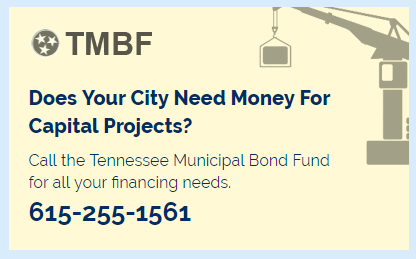Most Recent Action
On December 1, 2008, the Tennessee School Boards Association (TSBA announced that it will pursue legislation that grants school boards taxing authority. Tennessee is one of 11 states that currently do not allow its school boards to levy taxes. The effort will require a change to the Tennessee Constitution, and the earliest this proposal could appear on a ballot is 2014.
Background
Currently, most school boards develop their budgets as follows:
- School Board collaborates with staff, teachers, community members to identify goals and needs;
- School Board presents tentative budget for public inspection, and the board votes on the tentative budget;
- School Board modifies budget based on directives from the state; and
- School Board presents board-approved budget to local governing body for approval or rejection.
TSBA asserts that schools are facing unprecedented accountability for school and student performance at the national, state, and local levels. TSBA argues that since school board members can be removed from office and schools can be taken over by the state for not meeting performance standards, then school boards should be given the ability to secure the financial resources necessary to meet these standards.
Further, TSBA insists that providing taxing authority would make school board members more accountable for school budgets and school success, make school board seats politically more important, attract more people to run for school boards, and garner more public input and concern about how local public education is operated.
According to TSBA, granting taxing authority to school boards would eliminate the local battles that are currently waged over education funding because it would remove local governing bodies’ principal objection: the governing body’s lack of control over how tax dollars it levies are spent in local schools.
As previously stated, many states have authorized school boards to levy taxes and, although such authority has not been granted under a general law, it is not entirely new to Tennessee. In fact, 14 of the state’s 136 school districts are special school districts (SSDs), which are established by private acts. Each of these SSDs has been granted the authority to levy taxes.
However, the authority provided the SSDs is far more limited than that being sought by TSBA. Under the private acts, the legislature determines a maximum tax rate to be imposed on the residents for the purpose of funding the district’s schools. SSDs must petition directly to the state legislature to be able to increase tax rates beyond the limits established in the acts that created the district.
It should also be noted that the state legislature banned the creation of any new SSDs in 1982 because, at that time, some rural counties had four or more school systems; some of which only included one or two schools.
Special School Districts in Tennessee
Bradford Special School District | Milan Special School District |
Franklin Special School District | Oneida Special School District |
Gibson Special School District | Paris Special School District |
Hollowrock/Bruceton Special School District | Richard City Special School District |
Huntingdon Special School District | South Carroll Special School District |
Lebanon Special School District | Trenton Special School District |
McKenzie Special School District | West Carroll Special School District |
Taxing Authority Pros and Cons (as identified by the TSBA)
-
Pros
Cons
Accountably to taxpayers
Distraction from student achievement, as more focus would shift to finances
Fiscal Autonomy for school systems
Removes extra checks and balances
Greater knowledge of school needs by school boards
May decrease public acceptance of tax increases for other government needs
Eliminates local funding battles between elected bodies
Could result in higher taxes



